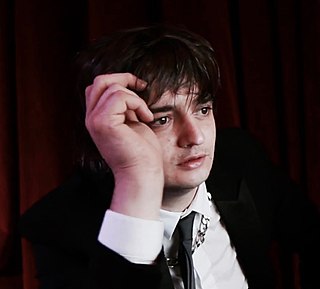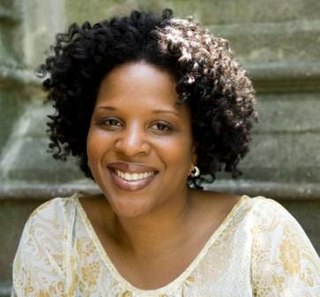A Quote by William Tyndale
I perceived how that it was impossible to establish the lay people in any truth except the Scripture were plainly laid before their eyes in their mother tongue.
Related Quotes
Some people are ignorant of the world but educated in Scripture, and are therefore prone to missing the relevance of Scripture - these sometimes, later, amidst life's challenges and doubts, turn from the faith; other people are ignorant of Scripture but educated in the world, and are therefore prone to missing the truth of Scripture - they are often those who ridicule the faith. The apologist stands somewhere in the center. He articulates where some are prone to understanding the truth in beauty, others the beauty in truth - that of a spiritual Creator in relation to his scientific creation.
For it is not the bare Words, but the Scope of the writer that giveth true light, by which any writing is to bee interpreted; and they that insist upon single Texts, without considering the main Designe, can derive no thing from them clearly; but rather by casting atomes of Scripture, as dust before mens eyes, make everything more obscure than it is; an ordinary artifice of those who seek not the truth, but their own advantage.
In the world of knowledge, the essential Form of Good is the limit of our inquiries, and can barely be perceived; but, when perceived, we cannot help concluding that it is in every case the source of all that is bright and beautiful -in the visible world giving birth to light and its master, and in the intellectual world dispensing, immediately and with full authority, truth and reason -and that whosoever would act wisely, either in private or in public, must set this Form of Good before his eyes.
The Scripture says that He, the Lord, came walking in the Temple, with His train; I do not know who they were, unless His wives and children; but at any rate they filled the Temple, and how many there were who could not get into the Temple I cannot say. This is the account given by Isaiah, whether he told the truth or not I leave every body to judge for himself.
I must say a few words about memory. It is full of holes. If you were to lay it out upon a table, it would resemble a scrap of lace. I am a lover of history . . . [but] history has one flaw. It is a subjective art, no less so than poetry or music. . . . The historian writes a truth. The memoirist writes a truth. The novelist writes a truth. And so on. My mother, we both know, wrote a truth in The 19th Wife– a truth that corresponded to her memory and desires. It is not the truth, certainly not. But a truth, yes . . . Her book is a fact. It remains so, even if it is snowflaked with holes.
And this is how it started. Just with coffee and the exchange of their long stories. Love can be incremental. Predicaments, too. Coffee can start a life just as it can start a day. This was the meeting of two people who were destined to love from before they were born, from before they made choices that would complicate their lives. This love just rolled toward my mother as though she were standing at the bottom of a steep hill. Mother had no hand in this, only heart.
Everyone aimed at security: no one accepted responsibility. What was plainly lacking, long before the barbarian invasions had done their work, long before economic dislocations became serious, was inner go. Rome’s life was now an imitation of life: a mere holding on. Security was the watchword – as if life knew any other stability than through constant change, or any form of security except through a constant willingness to take risks




































